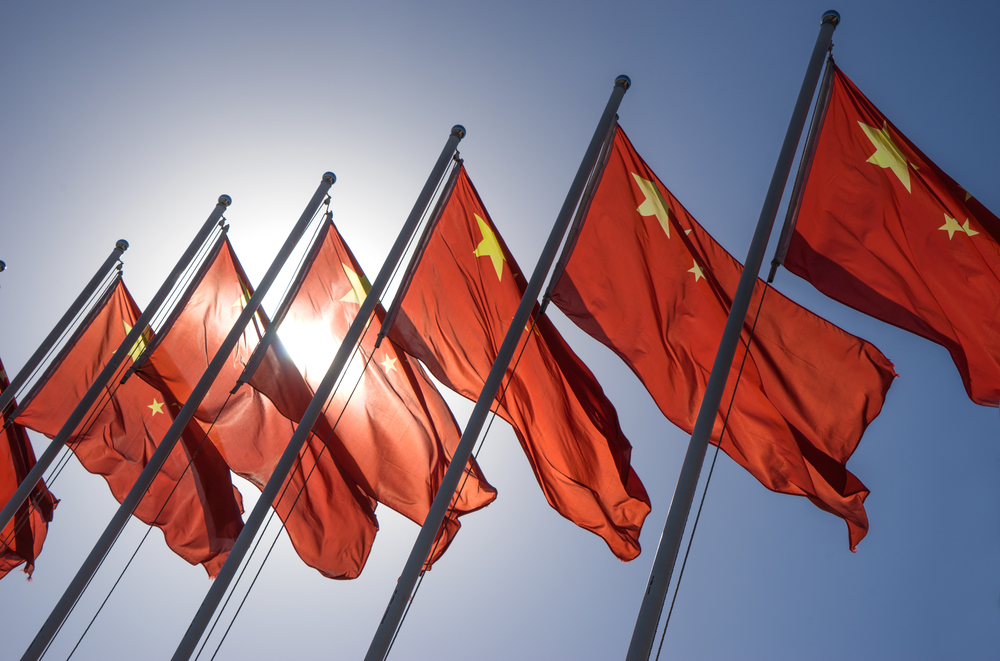China Cuts Import Duties on Consumer Goods
By Dezan Shira & Associates
Posted: 11th December 2017 07:46
China is cutting import tariffs on nearly 200 types of consumer goods in a bid to encourage domestic consumption. The new tariff rates will take effect from December 1, 2017, according to an announcement by the Customs Tariff Commission of the State Council.After the reductions, the average import tariff for these products will drop from 17.3 percent to 7.7 percent. Among the changes, the tariff rates for milk powders and diapers, which are in high-demand in China, will be reduced from 20 percent and 7.5 percent, respectively, to zero percent.
Hannah Feng, Senior Corporate Accounting Service Manager at Dezan Shira & Associates, said, “Chinese parents will be more than happy about this change: milk powders and diapers are two of the hottest products that Chinese want to purchase from overseas”. More broadly, she noted that the tariff reductions can be “seen as a signal that Chinese leaders are deepening supply-side reform”.
The reduced tariff rates will greatly benefit foreign businesses looking to sell their products in China, as they will now be cheaper and more competitive compared to domestic alternatives. The development also marks another step in China’s restructuring from an economy based on manufacturing and exports to services and consumption.
Products with reduced tariffs
According to the announcement, the tariff reductions cover 187 eight-digit HS Codes, including food, health supplements, pharmaceuticals, cleaning products, clothing, footwear, home appliances, and other household goods.
Significant changes include:
Milk powders reduced from 20 percent to zero percent;
Diapers reduced from 7.5 percent to zero percent;
Certain cosmetics, such as lipstick, eye shadow, and perfume, reduced from 10 percent to five percent;
Electric razors and electric toothbrushes reduced from 30 percent to 10 percent;
Coffee machines and smart toilet covers reduced from 32 percent to 10 percent;
Mineral water reduced from 20 percent to 10 percent; and
Oral hygiene products such as toothpaste and dental floss reduced from 10 percent to five percent.
A full list of the tariff reductions can be found here (in Chinese).
Stimulating domestic consumption
The announcement was made shortly after US President Donald Trump visited China. Foreign governments and business groups have frequently complained that China’s high tariffs on foreign goods represented an unfair trade barrier.
However, China has issued four rounds of tariff reductions on consumer goods since 2015. The latest reductions aim to meet the increasing demands of Chinese consumers for imported goods and escalate China’s domestic market by introducing foreign competitors. The tariff reduction means consumers can buy imported goods with lower prices, which will directly boost corresponding imports, especially via cross-border e-commerce.
The Chinese government is looking to stimulate domestic consumption as part of its wider strategy to restructure the economy from a low-cost manufacturing and export model. The government has struggled to accomplish this: last year consumption increased in absolute terms, but it fell as a percentage of GDP, and remains less than half of the total.
Nevertheless, the move confirms that there is still high demand for foreign products in China, according to Riccardo Benussi, International Business Advisory Manager at Dezan Shira & Associates. Benussi said, “It’s another confirmation that domestic products are still far from reaching the quality foreign products have in those sectors”. Benussi elaborated, “Foreign businesses that have yet to penetrate the market should still have strong hopes for exporting infant, health, and ‘techy’ value-added consumer products – and the race is by no means over.”
Because of high tariff rates on many foreign goods, many middle and upper class Chinese consumers would often fly overseas to combine holidays with shopping sprees. The high tariffs also contributed to the rise of grey market sellers peddling foreign goods at lower rates. Individuals known as daigou travel overseas to purchase foreign products, bring them back into China without paying import tariffs, and sell them at lower rates than branded stores.
By reducing tariffs, the Chinese government hopes to encourage more consumption within China’s borders, rather than watching wealthy Chinese spend their money abroad. And China’s thriving e-commerce sector might be one of the biggest beneficiaries of this development.
Benussi noted, “With the rise of cross-border e-commerce and e-tailing – retail with e-commerce embedded – and the emergence of ‘experience shopping’, flagship brick-and-mortar stores will need to convert to more integrated experienced-based strategies to replace traditional retail.”
Since its establishment in 1992, Dezan Shira & Associates has been guiding foreign clients through Asia’s complex regulatory environment and assisting them with all aspects of legal, accounting, tax, internal control, HR, payroll, and audit matters. As a full-service consultancy with operational offices across China, Hong Kong, India, and ASEAN, we are your reliable partner for business expansion in this region and beyond.
For inquiries, please email us at info@dezshira.com. Further information about our firm can be found at: www.dezshira.com.




Comments